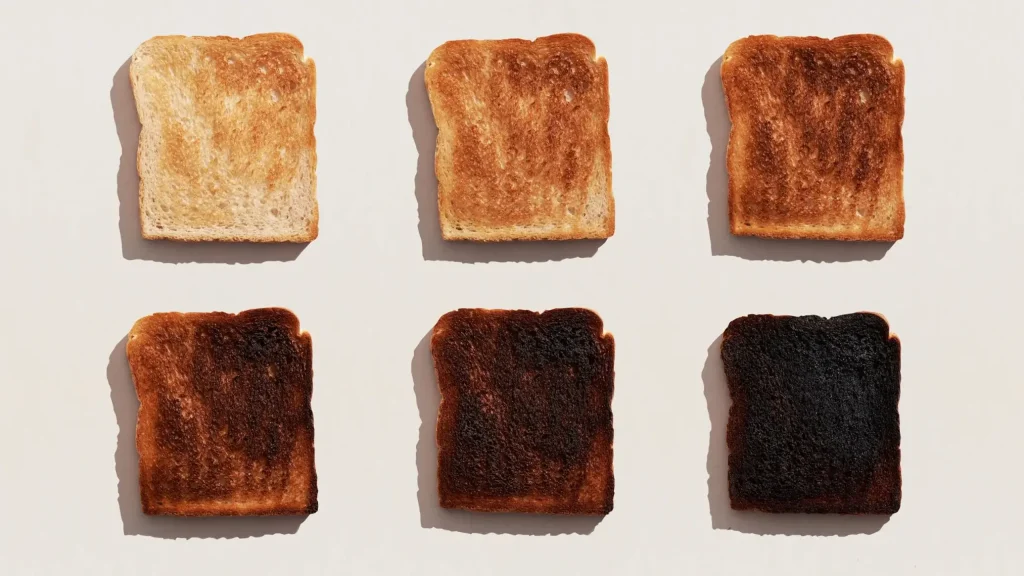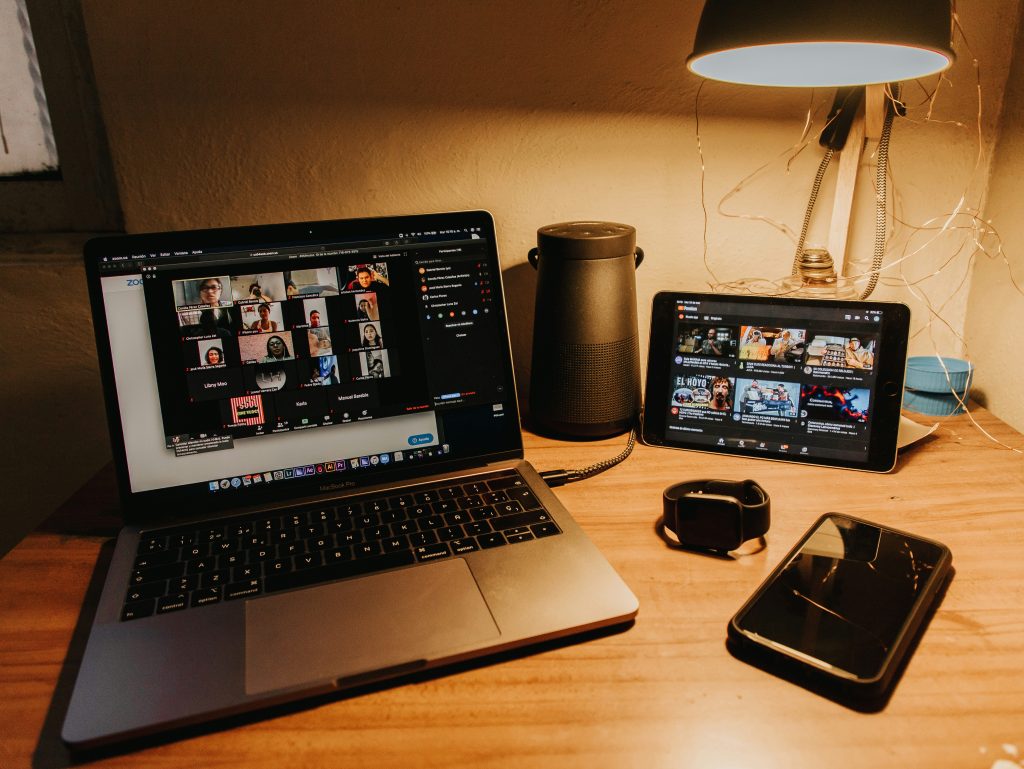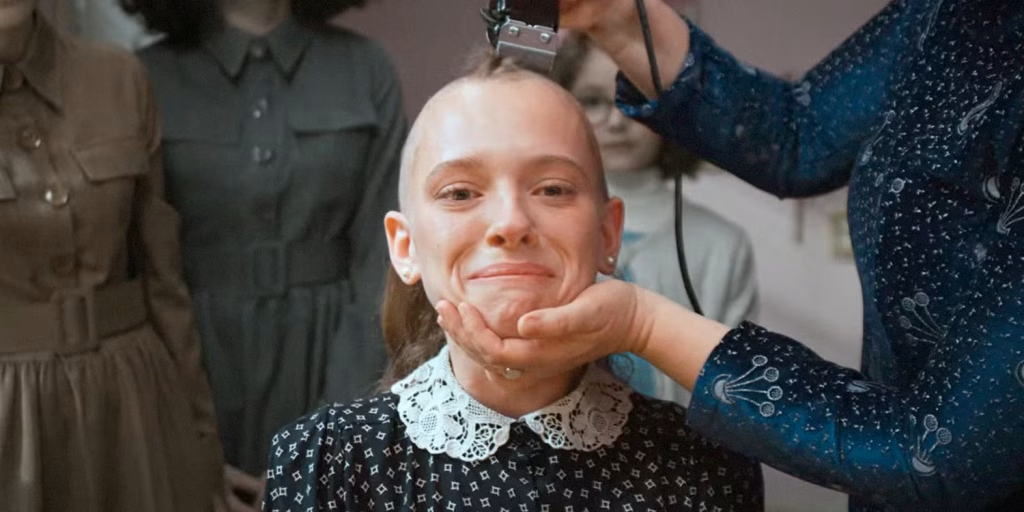
Serein Inclusion Team
3 min read
What we see online often plays a key role in breaking the mould of stereotypes. TV Shows have pushed forth in this domain, be it through the Chess masterpiece in the Queen’s Gambit or the Urdu dramedy in Chudails.
- All
- People and culture
- Domestic violence
- Life at Serein
Includes emails, texts, medical reports, witness testimony, CCTV footage & complainant's account - assessed on "preponderance of probability".
Virtual inquiries require: Secure platforms, verified identities, digital evidence protocols & breaks to prevent "Zoom fatigue" compromising fairness.
Multi-location employers must constitute ICs at each office/region with 10+ employees, ensuring accessible complaint mechanisms.
Select an external woman with legal/HR expertise per Section 4(2)(a), ensuring impartiality through formal appointment letters.
Q1: Can we have male IC members? Yes, but 50% must be women. Q2: Training needed? Annual sensitisation mandatory. Q3: Quorum? Minimum 3 including chair.
Complainant establishes prima facie case; IC then impartially collects evidence. Standard: "preponderance of probability", not "beyond doubt".
Mistry’s “A Fine Balance” is a masterclass in depicting resilience amidst caste & class oppression. A stark, essential reflection on societal fractures.
Schitt’s Creek models radical acceptance: LGBTQ+ love is normal, growth is celebrated & kindness rules. A simple, powerful recipe for true inclusion.
Dickens’ classic isn’t just festive. It’s a scathing critique of classism & a plea for empathy & social responsibility – timeless DEI lessons.
Unorthodox powerfully explores identity, belonging & breaking free from rigid norms. A resonant coming-of-age story about finding your voice.
Why measure D&I? Data reveals gaps, tracks progress, proves ROI (innovation, retention, performance) & holds leadership accountable for real change.
Women navigate public spaces through constant negotiation & restriction. Safety, accessibility & freedom remain contested. Designing inclusive cities is crucial.
Silence around domestic violence hurts workplaces too. Recognise signs, offer safe support systems & flexible policies to help survivors heal & retain employment.
India’s Domestic Violence Act protects both parties in live-in relationships. Understanding this legal recognition is crucial for safety & seeking rightful recourse.
Cinema often sensationalises domestic violence. Responsible storytelling should highlight realities, survivor strength & pathways to support, not perpetuate myths.
Gaslighting is psychological abuse making victims doubt their reality. Recognise manipulation tactics, trust your instincts & seek support to break free from this.
Women have the right to protection orders, residence, monetary relief & legal aid under India’s Domestic Violence Act. Knowing these enables survivors to be safe.
Consent & boundaries are key. Domestic violence shatters both. Rebuilding starts with respecting autonomy & recognising coercive control as a violation of rights.
Growth isn’t always linear. It’s found in reflection, courage, and community. These stories remind us that change begins when we choose to show up fully and honestly.
When people feel safe, they speak. When they’re heard, they grow. Serein builds that space where awareness isn’t just welcomed, it’s woven into the work.
Borders may divide land, but shared languages, memories, and culture connect hearts. Seeing sameness across lines can be the first step toward healing.
Privilege is what you don’t notice because it protects you. Awareness begins when you do. Change follows when you use it, not just for yourself, but for others.
Career dreams begin in childhood, shaped by gender, family, and context. What we choose and what we leave behind reveals how culture steers ambition over time.
Culture is built through stories, trust, and shared purpose. At Serein, 2017 was a year of learning, belonging, and validation, and a reminder that values scale.


























